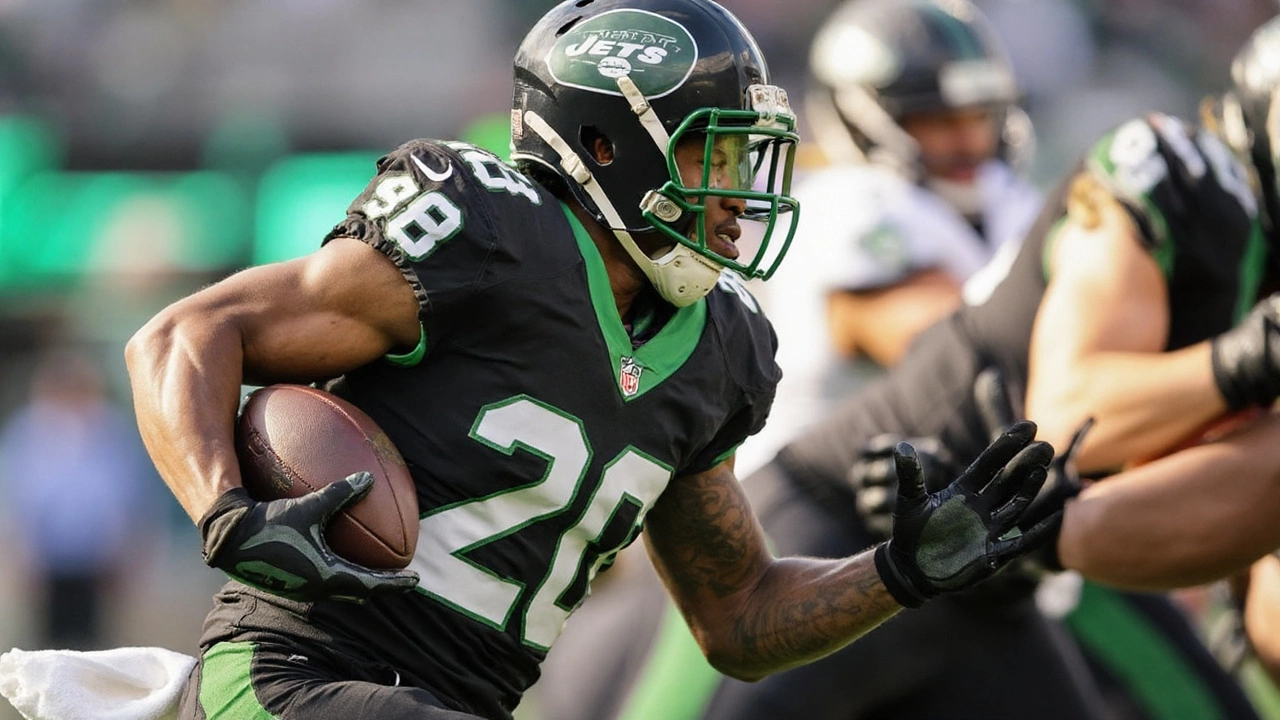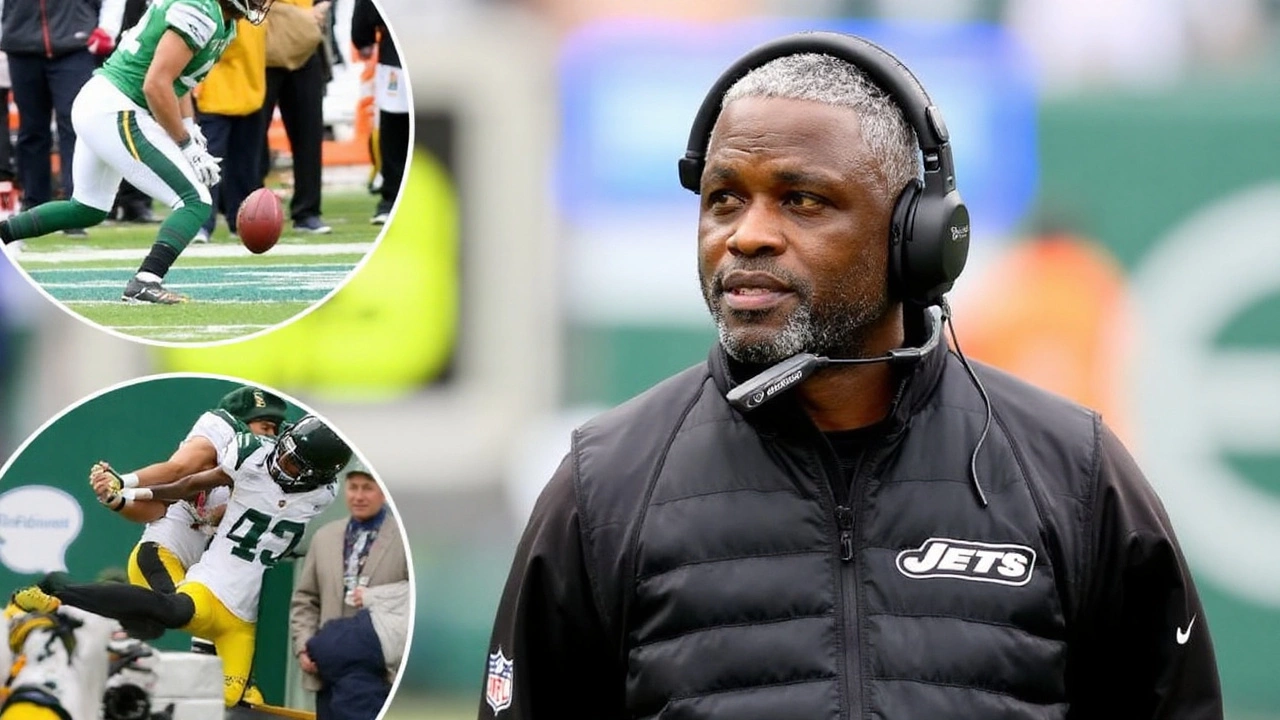Flags, frustration, and a blunt promise
The Jets didn’t just get outplayed in Week 1. They beat themselves. Yellow flags, misaligned formations, and preventable mistakes turned a winnable opener against the Steelers into a slog. In the aftermath, Aaron Glenn didn’t dress it up. He called it what it was: a discipline problem, and one he says he’s fixing immediately.
Discipline is more than telling players to stop committing penalties. It’s clean operation: getting the call in on time, lining up correctly, knowing the snap count, finishing tackles without drifting into late hits, handling substitutions, and closing out halves with poise. When those things wobble, it shows up everywhere—extended opponent drives, stalled Jets possessions, and lost field position that quietly swings the game.
Against Pittsburgh, the issues were the type that drive coaches nuts: pre-snap hiccups that killed momentum, coverage busts that turned manageable plays into explosives, and special teams errors that gifted the Steelers short fields. None of those are talent problems. They’re fixables—if the team is ruthless about them.

How Glenn plans to clean it up
Glenn’s message after the opener was direct: simplify, tighten standards, and cut the self-inflicted wounds. He and his staff are shifting both practice structure and game-day operations to make that happen.
- Streamlined calls and packages: Fewer personnel groupings and cleaner terminology so players can play faster and with less gray area. If a call asks too much, it’s out—for now.
- Officials at practice: Independent refs will throw flags during team periods. Every penalty gets logged, graded, and reviewed on film the same day.
- Penalty accountability board: Infractions are tracked publicly in the building. Repeat offenders face reduced snaps. Clean weeks get rewarded.
- Cadence and communication blocks: Daily five-minute periods dedicated to snap-count discipline, silent count work, huddle tempo, and sideline-to-field call mechanics.
- Technique emphasis to avoid flags: DBs drilling hand placement to prevent defensive holding and DPI; linemen repping sets to eliminate grabs outside the frame; tacklers finishing at legal strike zones.
- Situational periods turned up: Third down, red zone, two-minute, end-of-half operations, and fourth-down readiness added to every practice script with specific success targets.
- Special teams cleanup: Return units focusing on lane integrity and legal leverage blocks; coverage units drilling releases to avoid holds that negate big plays.
- Personnel honesty: Veterans keep their roles if they’re clean. Younger players who operate penalty-free earn snaps. No sacred cows.
Glenn’s coaching background points to why he’s leaning hard on fundamentals. He made a long NFL career at corner by thriving on technique and focus, then built his reputation as a teacher on defensive staffs that demanded precision. That lens is all over the plan: tighten the small things and the big picture stops wobbling.
There’s also a game-management layer here. The Jets burned timeouts and bled seconds in spots where sharper sideline operation could have saved them. Expect quicker call sheets early, a defined “kill” package for late-clock situations, and a smaller menu on scripted drives to build rhythm without risking communication errors.
Players will feel the shift. Meetings get shorter and sharper. Install packages get trimmed. Film sessions put penalties front and center, and corrections carry weight. Leadership voices in the locker room—captains, position vets—are being asked to police the details on the field and in the huddle. It’s not about speeches. It’s about clean reps, one after another.
Why does this matter so much? Because in tight NFL games, discipline is often the tiebreaker. Penalties flip field position. A single roughing call extends a drive that turns into three or seven points. An illegal shift erases a chunk play that would have changed the math. You don’t need a perfect team to win; you need a team that doesn’t hand away yards.
The Steelers’ defense thrives on chaos—movement up front, disguised pressures, and bait in the secondary. That’s exactly the kind of opponent that punishes sloppy cadence and fuzzy communication. If the Jets cut the self-inflicted mistakes, the matchup looks very different the next time they see a front like that.
Glenn said the fixes start now, not “over time.” That means practices heavy on situations, a lighter call sheet on Sunday, and consequences for avoidable errors. The message inside the building this week is simple: the Jets don’t have to be perfect. They have to be clean.
- Poplular Tags
- Aaron Glenn
- New York Jets
- discipline
- Steelers











